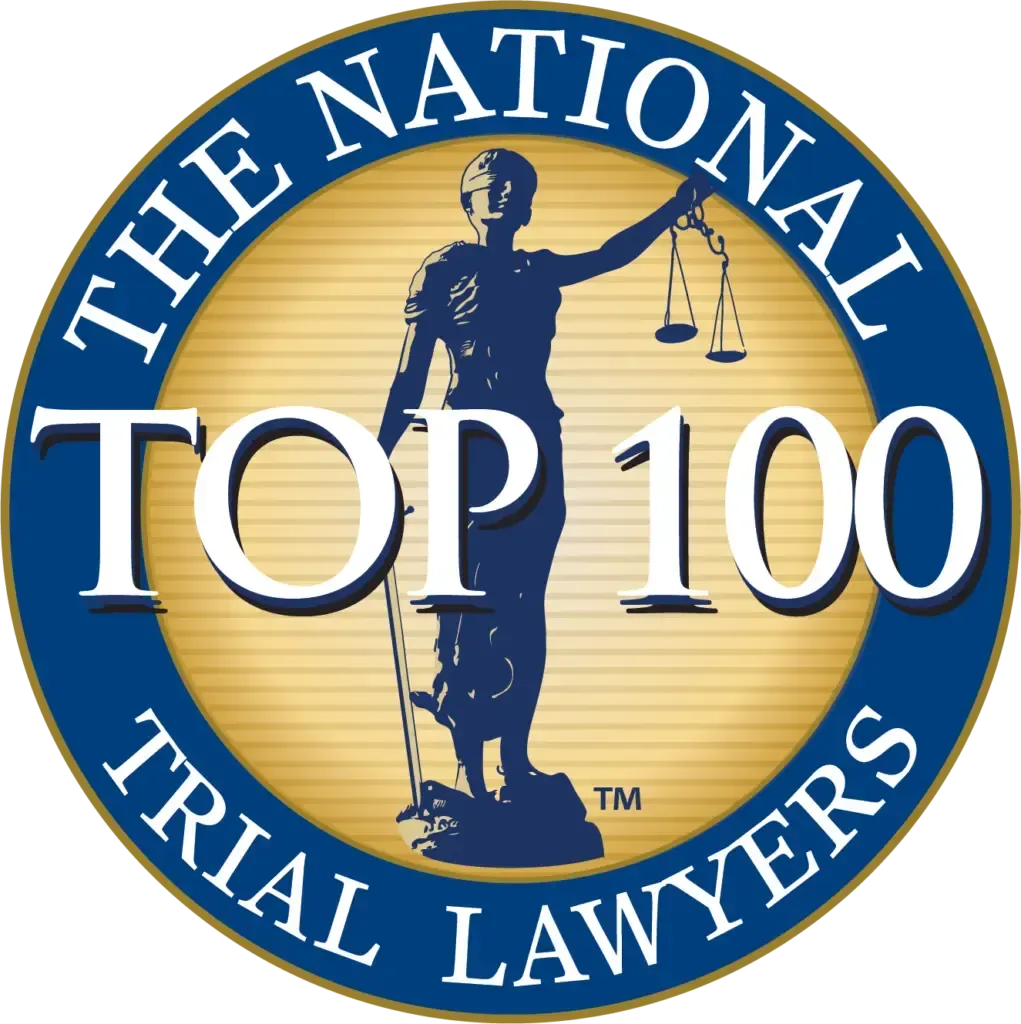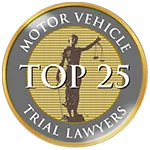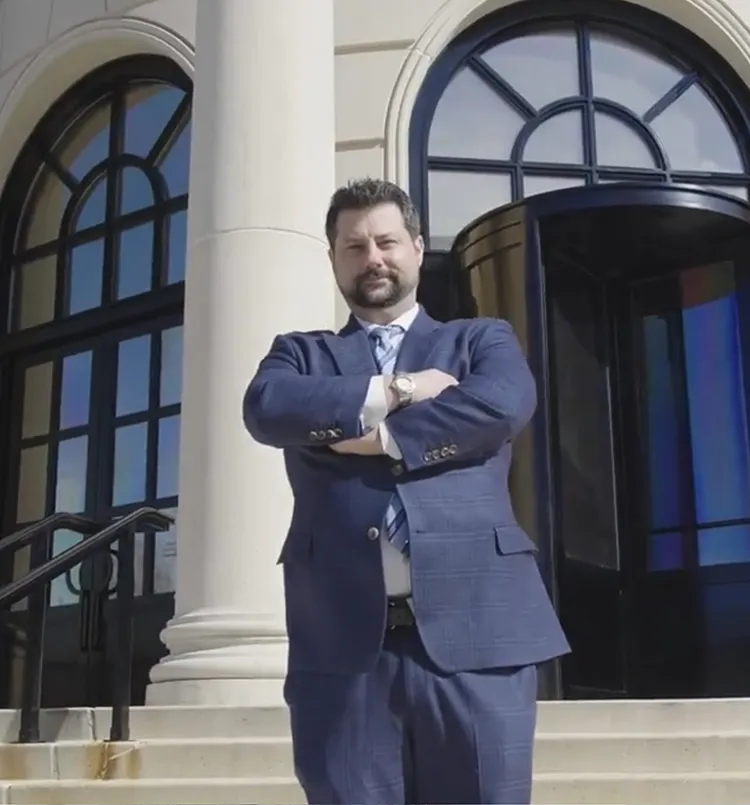If you or a loved one has been injured while ridesharing in White Plains, you know that the immediate aftermath is a whirlwind of uncertainty. You might be grappling with severe physical injuries, facing an avalanche of medical bills, or enduring significant emotional distress. All the while, you're confronted with the daunting task of dealing with insurance policies.
At the Law Offices of Jason B. Kessler, we understand the unique and often bewildering challenges that victims of ridesharing accidents encounter. These are not typical accidents. The law governing them is complex and constantly evolving, involving multiple corporate entities and distinct insurance coverages.
You need more than just a personal injury lawyer; you need an advocate who possesses not only a profound understanding of New York personal injury law but also an intimate knowledge of the specific nuances of ridesharing liability. White Plains ridesharing accident lawyer and his dedicated legal team are here to stand by your side and relentlessly fight for your rights. We are unwavering in our commitment to helping ridesharing accident victims secure compensation for their injuries, their pain, and their suffering.
Why Ridesharing Accidents Are Different
The most significant distinction that sets ridesharing accidents apart from conventional car crashes lies in the unique employment classification of the driver and the multi-layered, often confusing, insurance policies that govern these services. This complexity is precisely why retaining a knowledgeable White Plains ridesharing accident lawyer is absolutely crucial.
The Gig Economy Complication

Ridesharing drivers are typically classified as independent contractors, not direct employees of their companies. This classification is a critical legal distinction that profoundly impacts liability and the avenues for compensation. In traditional employment scenarios, employers can often be held vicariously responsible for the negligent actions of their employees under a legal doctrine known as "respondeat superior." However, this rule does not automatically or neatly apply to independent contractors, creating a significant hurdle for accident victims seeking justice. The ridesharing companies strategically leverage this distinction to limit their direct liability, often pushing responsibility back onto the individual driver or their personal insurance.
The Insurance Factor
Both Uber and Lyft provide substantial insurance coverage for their drivers and passengers, but the applicability and limits of this coverage are entirely contingent upon the "period" or "mode" the driver was operating in at the moment of the accident. This is where the situation becomes incredibly intricate and often overwhelming for an unrepresented victim.
Here is a detailed breakdown of insurance periods:
- Offline (Period 0): When a rideshare driver is offline or has the app off, they are considered to be driving their personal vehicle for personal reasons, and only their personal auto insurance policy applies, with no coverage from the ridesharing company.
- Period 1: The situation changes when the driver is online and actively waiting for a ride request; during this time Uber and Lyft provide limited contingent liability coverage, typically acting as a secondary layer if the driver's personal insurance denies the claim or exhausts its limits, offering up to $50,000 in bodily injury per person, $100,000 per accident, and $25,000 in property damage. Proving the driver was in this period can often be challenging, as insurance companies may dispute it.
- Period 2 (Ride accepted, en route to pick up): Once a driver accepts a ride request and is en route to pick up a passenger, the more robust Uber/Lyft insurance policy comes into full effect, providing a substantial $1,000,000 in third-party liability coverage. This coverage is designed to protect third parties, including passengers, other drivers, pedestrians, or cyclists, who are injured or whose property is damaged due to the rideshare driver's negligence.
- Period 3 (Passenger in vehicle): The $1,000,000 third-party liability coverage remains active while a passenger is actively in the rideshare vehicle and the ride is in progress. Crucially, during this time uninsured/underinsured motorist (UM/UIM) coverage is also typically available, often up to $1,000,000, which protects both the rideshare driver and, more importantly, the passengers if the at-fault driver (who may be another vehicle, not the rideshare driver) has no insurance or insufficient insurance to cover the full extent of the damages.
The critical challenge in a ridesharing accident claim is to precisely identify which period the driver was in at the time of the collision. Ridesharing companies and their powerful insurers are notorious for attempting to minimize their liability, often trying to push claims into lower-coverage periods or denying them outright.
Who Can Be Held Liable in a Ridesharing Accident?
Determining liability is often the most contentious aspect of a ridesharing accident claim. Due to the multi-party nature of these incidents, many individuals or entities could potentially be held responsible for your injuries and damages:
- Primarily, the rideshare driver themselves can be held liable if their negligence directly caused the accident, such as through distracted driving, speeding, or driving under the influence. Depending on the period they were in at the time of the crash, their personal auto insurance or the ridesharing company's commercial policy would be the source of compensation.
- While Uber and Lyft typically attempt to shield themselves from direct liability by classifying drivers as independent contractors, their robust commercial insurance policies are designed to cover accidents that occur when a driver is actively engaged in ridesharing activities (Periods 2 and 3).
- In very specific and rare circumstances, the ridesharing company itself could face direct liability if there's evidence of corporate negligence, such as negligent hiring (if the company failed to conduct adequate background checks and hired a driver with a history of dangerous driving or criminal behavior), system failures (if a technical glitch in their app or system directly contributed to the accident), or negligent maintenance policies (if the company's policies or lack thereof led to unsafe vehicles being on the road).
- In situations where a third-party driver, not the rideshare vehicle, was primarily at fault for the accident, that driver's personal auto insurance would be the initial source of compensation. However, if that at-fault driver is uninsured or has insufficient insurance to cover the full extent of your damages, the ridesharing company's UM/UIM coverage could then come into effect.
- In rare cases, a defect in the design or manufacturing of one of the vehicles involved, such as faulty brakes, steering system failure, or airbag malfunction, could have contributed to or exacerbated the accident. In such product liability cases, the vehicle manufacturer could be held liable. Less commonly, but still possible, is a claim against a government entity if the accident was caused or significantly contributed to by a dangerous road condition (e.g., a massive pothole) that the entity was aware of but failed to rectify, potentially leading to shared liability.
Identifying all potentially liable parties and meticulously tracing the applicable insurance policies requires extensive legal knowledge and investigative resources. Our attorneys possess the experience and dedication to conduct this thorough investigation on your behalf.
What to Do After a Ridesharing Accident
The moments immediately following a ridesharing accident can be chaotic and frightening. However, the actions you take in the aftermath can significantly impact your health, your safety, and the strength of any future legal claim. Taking these steps can help protect your rights and lay the groundwork for a successful recovery.

Your immediate priority should be ensuring your safety and the safety of others. If it's safe to do so, move yourself and any passengers to a secure location away from the flow of traffic; if you are unable to move, remain calm and wait for emergency services. Next, it is crucial to call 911 immediately to report the accident to the police, as a police report is a vital piece of evidence for your claim. The report will document the date, time, location, parties involved, and the responding officer's initial assessment of the scene; remember to request a copy of the report number for your records.
Seeking immediate medical attention cannot be overstressed, as even if you feel fine or only have minor aches, adrenaline can mask serious injuries, and some injuries may not present symptoms until hours or even days later. We advise that you get checked by paramedics at the scene, visit an emergency room, or schedule an appointment with your physician as soon as possible. Delaying treatment can jeopardize your health and weaken your legal claim. After ensuring safety and seeking medical care, gather contact and insurance information from all drivers involved, including the rideshare driver and any other vehicles, specifically noting the rideshare driver's full name, the ridesharing service, the license plate number, make, model, and color of the rideshare vehicle, and the other driver's name, contact, and insurance information, along with names and contact information of any witnesses.
Your smartphone is a powerful tool for gathering evidence. If you are able to, document the scene extensively by taking as many photos and videos as possible of damage to all vehicles from multiple angles, any visible injuries you or your passengers sustained, the overall accident scene and other relevant details on the road. It is critical that you do not admit fault or apologize, as even a seemingly innocent "I'm sorry" can be misconstrued as an admission of guilt and used against you by insurance companies; stick to the facts and avoid discussing who was at fault with anyone at the scene.
Furthermore, it is strongly advised to limit communication with insurers, especially the at-fault party's, as you are not obligated to give a recorded statement or sign any documents from their adjusters without first consulting with your attorney, as their goal is to minimize payouts, and anything you say can be used against you. Finally, and perhaps most crucially, contact a White Plains ridesharing accident lawyer immediately. An experienced attorney can provide immediate guidance, protect your rights from the outset and handle all communications with insurance companies. They can also begin building a strong case on your behalf as the sooner you involve legal counsel, the better your chances of a successful outcome.
How The Law Offices of Jason B. Kessler Can Help You
When you choose us, you are not just hiring a lawyer; you are partnering with a dedicated legal team committed to securing comprehensive compensation for ridesharing accident victims. We understand the physical, emotional, and financial toll these accidents take, and we are here to alleviate your burden and fight for you.

Our firm will launch an immediate and thorough investigation into your accident, meticulously gathering all available evidence such as police reports, traffic camera footage, and accident reconstruction reports. We will also obtain detailed medical records and bills to fully document your injuries and treatment, interview witnesses and secure their statements, and analyze rideshare app data, driver logs, and company records to determine the driver's "period" at the time of the crash. This comprehensive approach ensures we identify all potentially liable parties and their respective insurance policies.
We possess an in-depth, nuanced understanding of Uber and Lyft's intricate, multi-tiered insurance coverages. We know which policies apply under the different circumstances and will aggressively pursue compensation from every available angle, ensuring no stone is left unturned in your pursuit of recovery. Our team excels at countering tactics used by rideshare companies and their insurers to deny or minimize claims, ensuring your rights are protected.
We will meticulously calculate all your damages, both economic and non-economic, to ensure your settlement fully compensates you for every aspect of your loss. We will also seek compensation for any lost wages and diminished earning capacity due to your inability to work after the accident, as well as for your pain and suffering. Additionally, we will pursue reimbursement for property damage and any other out-of-pocket expenses related to the accident. Ultimately, we will serve as your unwavering advocate throughout the entire legal process, ensuring your rights are protected at every turn. We handle all the legal paperwork, deadlines, and procedural requirements, allowing you to focus your energy on your physical and emotional recovery.
Contact Our White Plains Ridesharing Accident Lawyer

In the state of New York, there are strict legal deadlines, known as Statutes of Limitations, for filing personal injury lawsuits. These deadlines vary depending on the type of claim and the parties involved. If you fail to file your lawsuit within the prescribed time limit, you could permanently lose your right to pursue compensation for your injuries and damages, regardless of how strong your case may be.
Let our White Plains personal injury lawyers review the unique details of your case, answer all your questions with clarity, and provide you with the clear, actionable legal guidance you need during this challenging and uncertain time. Reaching out to our firm could prove to be the single most important call you make for your future well-being and your financial security.
Call (914) 220-1088 to schedule your confidential consultation today.
Law Offices of Jason B. Kessler
55 Church St Suite 201, White Plains, NY 10601,